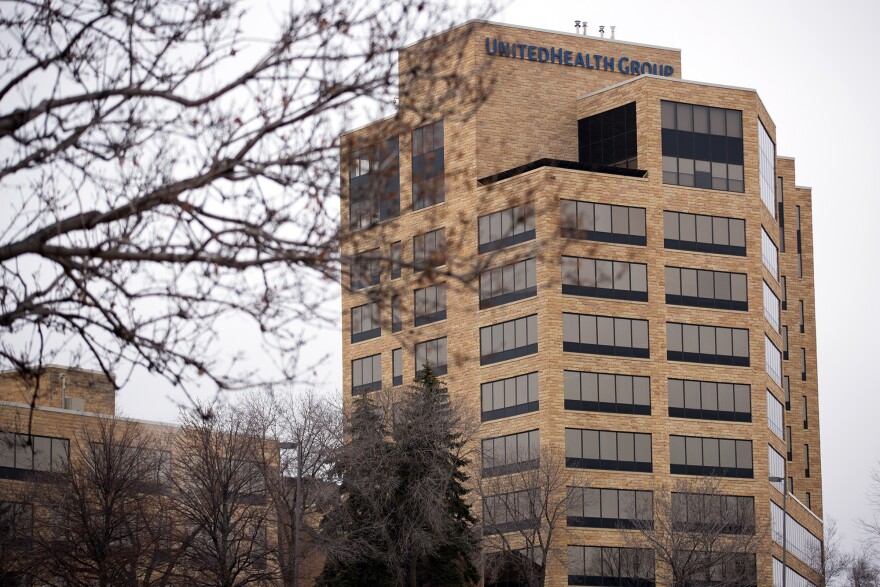Insurance giant United Healthcare Group has griped that the Obamacare insurance exchanges for health coverage are money-losers and has threatened to stop selling plans on them.
United Healthcare's latest move is to drop out of the Obamacare insurance market in Oklahoma in 2017. It's the fourth state that the company is abandoning because it says selling insurance plans on exchanges there is unprofitable.
United Healthcare has already said it's pulling out of the exchanges in Michigan, Arkansas and parts of Georgia. The company may announce more changes when it reports first quarter financial results Tuesday.
If the company withdraws from markets across the country (and isn't replaced by rivals), premiums for exchange plans could rise modestly — about 1 percent on average — according to a county-by-county analysis released Monday by the Kaiser Family Foundation Monday. The premium increase would amount to about $4 a month.
In some markets, the rates could go up much more. The study shows premiums rising more than $100 a month in 13 counties where there is little competition. And more than half of U.S. counties would have only two insurance companies offering plans on the exchanges, the analysis found.
"With millions of Americans insured through the marketplaces, it's clear that this is a growing business for insurers, and it's a product consumers want and need," Department of Health and Human Services spokesman Ben Wakana said in a statement. "The marketplace should be judged by the choices it offers consumers, not the decisions of any one issuer. That data shows that the future of the marketplace remains strong."
In January, UnitedHealth said it had recorded losses of $720 million on individual exchange policies, including $245 million put on the books in 2015 for losses the company expected to incur in 2016.
In February, Peter Lee, who runs Covered California, the state's insurance exchange, said UnitedHealth has only itself to blame. The insurer, he said, blundered on setting its rates and in putting together networks of hospitals and doctors to provide care.
"Instead of saying, 'We screwed up,' they said, 'Obamacare is the problem and we may not play anymore,' " Lee said in an interview with California Healthline. "It was giving an excuse to Wall Street and throwing the Affordable Care Act under the bus."
Copyright 2021 NPR. To see more, visit https://www.npr.org.



